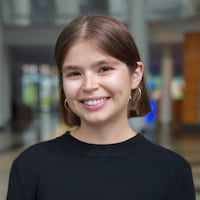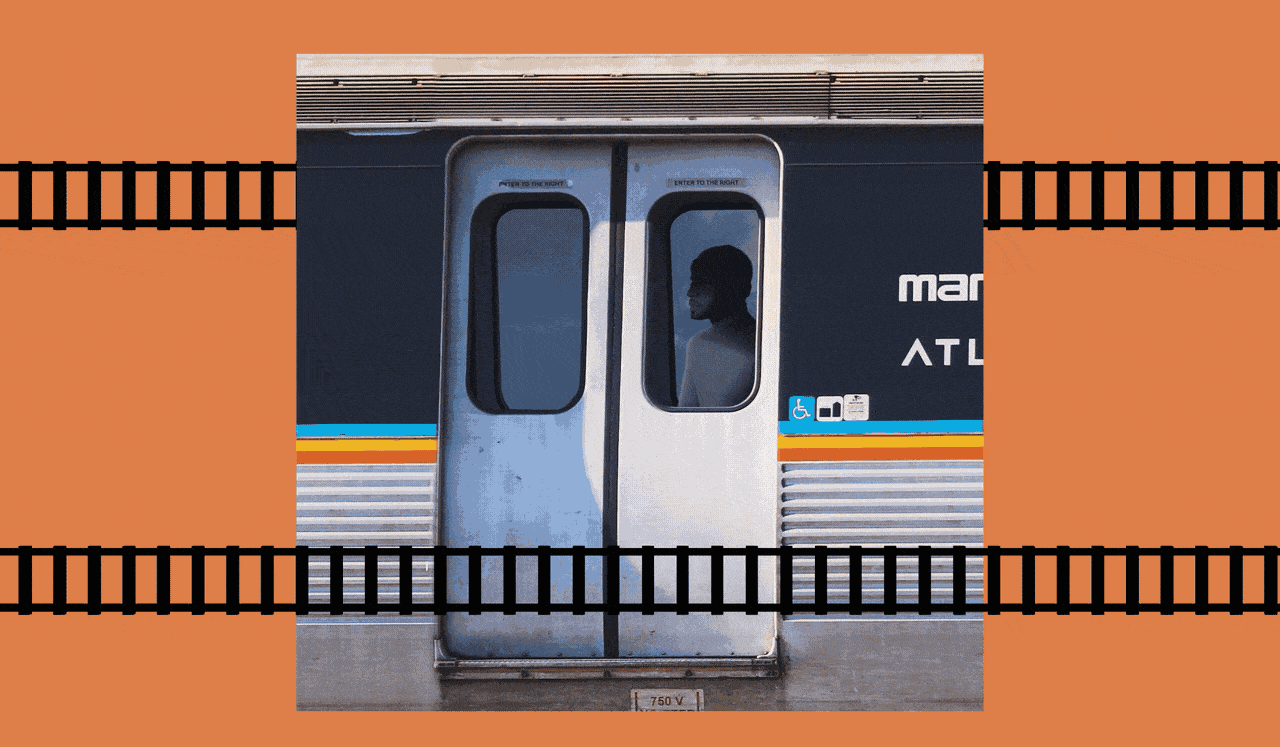Eight people were killed after a gunman opened fire at three metro Atlanta spas on March 16, marking the state’s deadliest shootings since 1999.
Six of the victims were of Asian descent, sparking further discussion about the rise in violence against the Asian community during the COVID-19 pandemic. Investigators have not determined if the shooting was racially motivated, but they have not ruled it out.
During a visit to Atlanta a few days after the shootings, both President Joe Biden and Vice President Kamala Harris condemned the racism and xenophobia that have factored into the crimes. Biden also urged Congress to pass a law protecting people victimized by hate crimes during the pandemic.
One week later, The Atlanta-Journal Constitution spoke with members of the Asian community shopping in Chamblee and Doraville about their thoughts on the shootings, the motivation behind them and whether they have experienced hateful incidents during the pandemic.
Catherine Binuya, a higher education administrator from Tucker, believes it is impossible to separate the racial identity of the victims from the acts of violence Robert Aaron Long is accused of committing.
Long, 21, has been charged with eight counts of murder and one count of aggravated assault.
Credit: HYOSUB SHIN / AJC
Credit: HYOSUB SHIN / AJC
The March shootings have made Binuya and her family hyperaware of their environment and surroundings. They have begun to mentally and emotionally prepare to respond or react to any instances of anti-Asian hatred, Binuya said, while shopping in Chamblee this week.
“I know friends and relatives that have been targeted, who have been victims of assault, who receive verbal threats, in terms of being identified in those communities as Asians and individuals not wanting them to be present there,” said Binuya, 49.
The increase of assaults against the Asian community within the past year has led people to speak out against injustices more than they were before, Binuya said.
Traditionally the stereotype of the Asian community has been that of a silent minority, she said. “The expectation that we stay silent has been a detriment in terms of being recognized within the community here. People expect us to not stand up for ourselves, but we absolutely have to because we are part of the fabric of this community, from centuries back in history.”
Credit: HYOSUB SHIN / AJC
Credit: HYOSUB SHIN / AJC
Yung Krall is also concerned about the implications the crime has on the Asian community and has noticed an increase in anti-Asian sentiment since the start of the pandemic. People have called her racial slurs and have made snide remarks about her identity, but she has never experienced violence.
As for the spa shootings, she believes the link between the racial identities of the victims and the actions for which Long is accused was coincidental. Long was mentally disturbed, she said.
“The massage parlor just happened to have Asian workers,” said Krall, 75, a retired public health worker living in Gwinnett County. “Unfortunately they got shot, but in my heart, I don’t believe that he targeted them. If they were white workers or Black workers, he would still shoot them.”
Credit: HYOSUB SHIN / AJC
Credit: HYOSUB SHIN / AJC
Retired business owner Chung Mee Woo, who lives in Kennesaw, also believes Long’s sex addiction and mental health were the only motives for the shootings he is charged with carrying out.
“He had an anger management issue. It was his personal problem that motivated it,” she said.
Woo, 79, who immigrated to the United States from South Korea when she was 4 years old, said she has never experienced racism firsthand and has not received different treatment during the pandemic. Koreans live a simple life, she said, and everyone has been very kind.
Credit: HYOSUB SHIN / AJC
Credit: HYOSUB SHIN / AJC
Suwanee business owner Sean Kim is also hesitant to identify the shootings as a hate crime. He thinks mental health played a significant role in the suspect’s actions because “one doesn’t walk in and shoot somebody like a rabbit.”
The shootings affected Kim personally — he drives by one of the spas on his commute to work every day, and he has stopped by to drop off flowers in remembrance of the victims.
Xenophobia toward the Asian community hasn’t necessarily intensified since the start of the pandemic because that racist behavior has always existed in the United States, said Kim, 42. People will always hate certain groups of people — the pandemic just brought this behavior to light.
“We live with (racism), we just pass by because where we’re from has more hardship, so we say it’s worse over there, we should be happy with this,” Kim said.
Credit: HYOSUB SHIN / AJC
Credit: HYOSUB SHIN / AJC
Ember Lei has lived in the United States for 20 years, and did not experience racism firsthand until a real estate lawyer came into a business she worked in and asked her if she’d traveled to China at the start of the pandemic.
She credits former President Donald Trump’s frequent description of COVID-19 as “the China virus” for people acting on false beliefs about the Asian community. The spa shootings are another example of that, said Lei, 48, a housewife in Kennesaw. From the information she’s read so far, Lei believes the shootings were racially motivated.
The group Stop AAPI Hate recorded almost 3,800 hate incidents across the country against Asian Americans between March 2020 and February. More than two-thirds of those instances involved verbal harassment, and more than a third of the of the incidents occurred in a business setting.
“People coop up during the pandemic, they have no place to release themselves, and this is not right,” Lei said. “They might take some stupid actions that hurt themselves and hurt people too.”
Credit: HYOSUB SHIN / AJC
Credit: HYOSUB SHIN / AJC
A large portion of the American public has not registered that the spread of the virus is not the fault of the Chinese people, but instead the actions of the Chinese government, said Peter Cheng, 17. These misconceptions are fueling the rising anti-Asian sentiment, and Cheng believes Asian Americans need to begin speaking up for themselves.
Cheng is a high school student in Los Angeles and founder of the Chinese American Volunteering Association. He was in Atlanta visiting this week. Cheng is adamant that the spa shootings were a part of a larger problem of violent crimes against the Asian community since the start of the pandemic. Although Cheng is not from the Atlanta area, his organization sponsored a candlelight vigil for the victims of the shooting and other violent crimes in Eastvale, California.
“Historically, Asians never had support from any side of the political party,” Cheng said. “ ... We never really got involved in the political system. In the future, I think Asian Americans need to start standing up. We need to work, we can’t stand silent.”
About the Author
Keep Reading
The Latest
Featured









